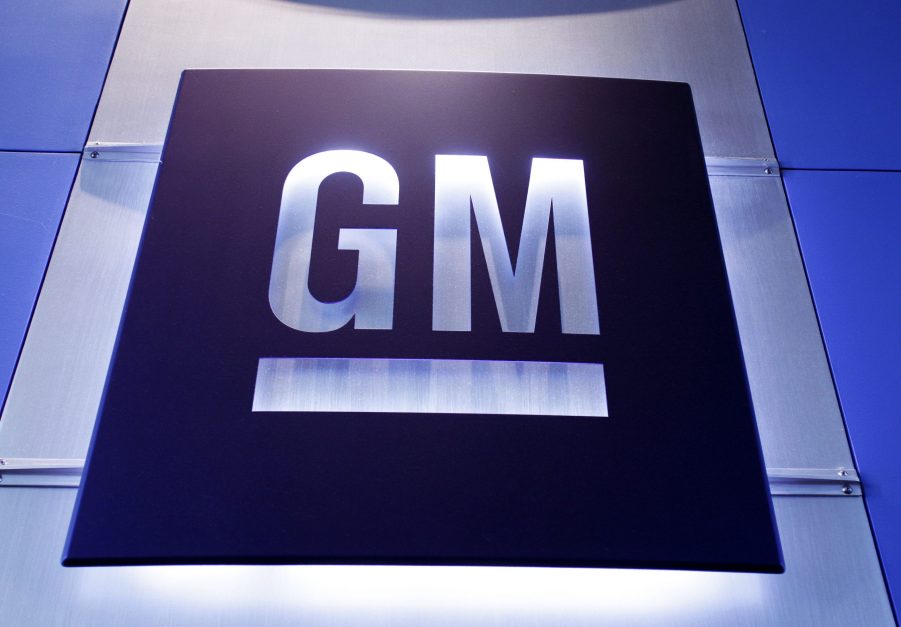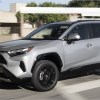
GM’s Hydrogen Truck Is Back on With Navistar
GM has agreed to work with Navistar on an all-new hydrogen fuel-cell heavy-duty truck. Hydrogen-powered vehicles are predicted to take a large share of the market within a few decades. GM is poised to jump onto the hydrogen bandwagon after a failed deal with another company.

The hydrogen deal that fell apart with Nikola
This isn’t the first deal to build a hydrogen truck that GM has made. The automaker had planned to acquire an equity stake in Nikola. The deal fell apart after a fraud scandal rocked Nikola. The company’s Chairman, Trevor Milton, stepped down amid serious allegations.
Nikola came under scrutiny after a promotional video featured a prototype being pushed down a hill to conceal that the truck could not run. Before the scandal, GM had agreed to produce an electric pickup truck and a hydrogen fuel-cell heavy-duty truck.
The allegations of fraud are suspect themselves. For example, before these allegations, Nikola stock was on a meteoric rise. A short-selling firm that planned to profit from making Nikola’s stock fall is behind fraud allegations. Hindenburg. Alleges that Nikola overstated its technology to investors.
More than twice the range of the Tesla Cybertruck

Shoppers pay attention to which automaker produces the longest range. Brands build authority with consumers by pushing the envelope. Tesla’s Cybertruck is estimated to have a range of 250 miles. GM’s Navistar hydrogen fuel-cell truck will likely be able to travel more than 500 miles per fueling.
Tesla’s Semi’ estimated range is wider than the Cybertruck. The commercial truck is projected to get between 300 and 500 miles per charge. Hydrogen fuel-cell trucks still beat electric in larger applications. Saving so much on transportation of goods could even lower prices on many goods.
Fueling stations are few and far between

There are fewer than 50 hydrogen fueling stations in the United States. Almost all of them are in California. This lack of fueling stations is a major reason behind the limited release of fuel-cell vehicles on the road today. Many believe these engines will become the norm within a few decades.
As gasoline and diesel engines become less popular with manufacturers, more fueling stations will be built. The hydrogen market is on the rise. Manufacturers have made pledges to go all-electric over the next few years. Some may take on hydrogen fuel-cell production as well.
Several stations are under development along the east coast. New York, New Jersey, Massachusetts, Connecticut, and Rhode Island are all slated to be fuel-cell ready. California is expanding its offering of hydrogen fueling stations to accommodate a projected demand.
A laundry list of benefits
The benefits of hydrogen fuel-cell vehicles are incredible. These trucks will emit zero emissions. All that’s produced is water vapor. Therefore the environmental impact of switching commercial fleets to hydrogen would be massive.
Fueling up takes almost no time for fuel-cell cars. This fleet of hydrogen trucks fuels up in less than fifteen minutes. When compared to the downtime of an electric vehicle, hydrogen makes sense for commercial applications. Hydrogen fuel-cell trucks would take less time to refuel than traditional diesel.


